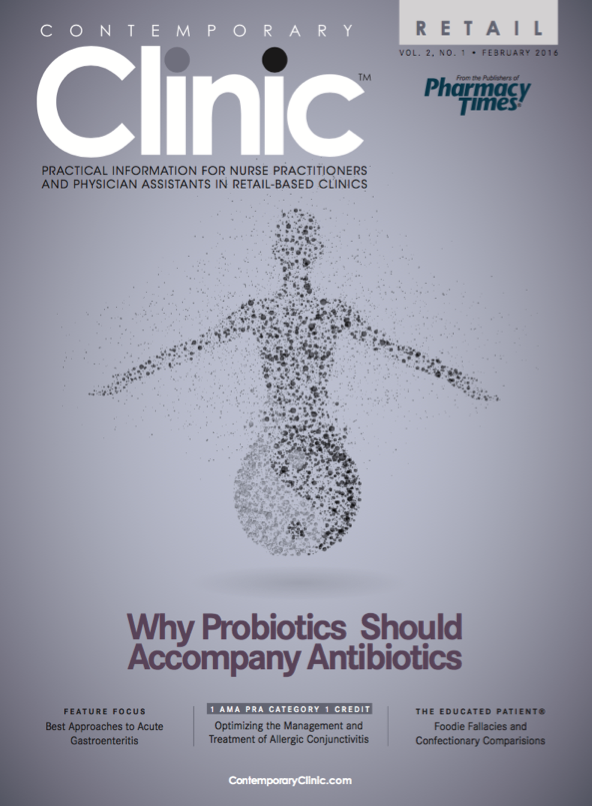GERD Better Treated with More Comprehensive Provider Visits
Health care providers who treat patients with gastroesophageal reflux disease may be better able to help alleviate their symptoms through longer and more comprehensive interactions.
Health care providers who treat patients with gastroesophageal reflux disease (GERD) may be better able to help alleviate their symptoms through longer and more comprehensive interactions.
In a recent study published inPLOS ONE, 24 adult participants who had experienced heartburn symptoms at least 3 days a week were randomized into 2 groups and scheduled to visit a single provider. Depending on a patient’s group, the provider conducted either a conventional visit or an expanded one, which averaged 25 minutes longer and incorporated additional questions about symptom-related sensations, food cravings or aversions, weather-related effects, and nongastrointestinal symptoms.
The research team found that patients who had an expanded physician visit saw greater improvement in GERD symptoms at the end of the study period than those who had a conventional visit. Although the study authors were unsure whether this improvement was due to the greater length of the expanded visit, the comprehensiveness of the questions asked, or another feature, they expressed doubt toward any relation between the reported symptoms and the participants’ perceptions about their treatment.
“Identifying the elements of the expanded visit that are responsible for symptom improvement may help us develop ways to incorporate those aspects into conventional medical practice,” said corresponding author Michelle Dossett, MD, PhD, MPH, in a press release.

